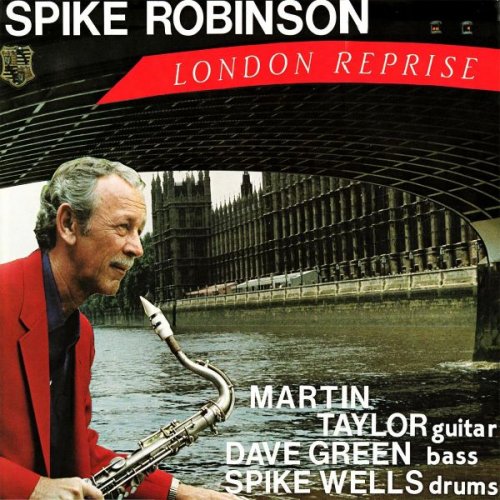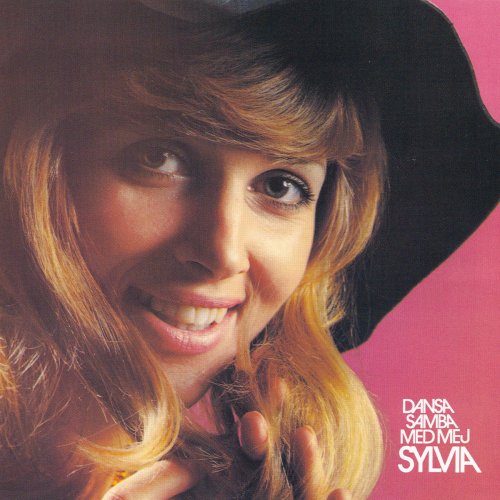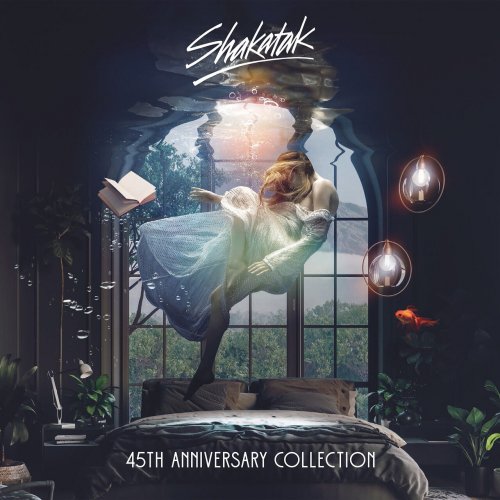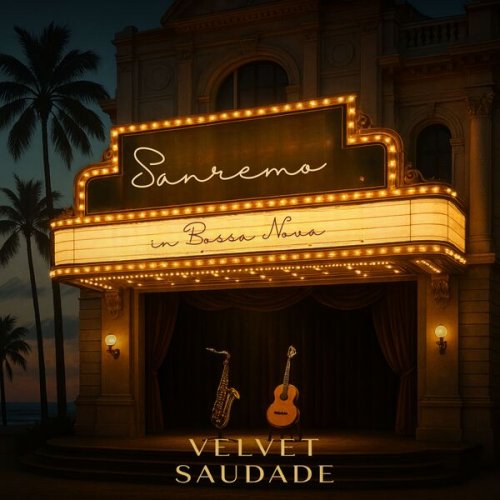Anna Hybiner, Shachar Lavi, Alan Pierson, Nationaltheater-Orchester Mannheim - Hans Thomalla: Dark Spring (Live) (2021) [Hi-Res]
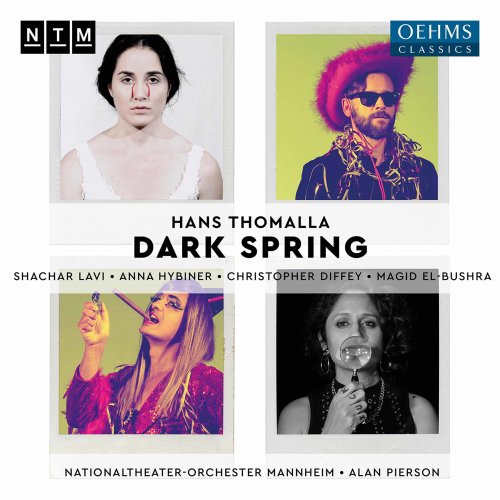
Artist: Anna Hybiner, Shachar Lavi, Alan Pierson, Nationaltheater-Orchester Mannheim
Title: Hans Thomalla: Dark Spring (Live)
Year Of Release: 2021
Label: Oehms Classics
Genre: Classical
Quality: flac lossless (tracks) / flac 24bits - 48.0kHz
Total Time: 01:25:32
Total Size: 424 / 894 mb
WebSite: Album Preview
TracklistTitle: Hans Thomalla: Dark Spring (Live)
Year Of Release: 2021
Label: Oehms Classics
Genre: Classical
Quality: flac lossless (tracks) / flac 24bits - 48.0kHz
Total Time: 01:25:32
Total Size: 424 / 894 mb
WebSite: Album Preview
CD1
01. Dark Spring, Pt. 1 Scene 1: This Dress Is Not Too Short (Live)
02. Dark Spring, Pt. 1 Scene 1: Boys! Boys! (Live)
03. Dark Spring, Pt. 1 Scene 1: Melchior Gabor, He Told Me Once He Does Not Believe in Anything (Live)
04. Dark Spring, Pt. 1 Scene 1: He Told Me Once (Live)
05. Dark Spring, Pt. 1 Scene 2: I'd Like to Know Why We Really Are on Earth (Live)
06. Dark Spring, Pt. 1 Scene 2: I Am Telling You This Place Is a Dark Wood (Live)
07. Dark Spring, Pt. 1 Scene 3: Wendla, I Keep Thinking I Can Hold You in a Name (Live)
08. Dark Spring, Pt. 1 Scene 3: It's Me! (Live)
09. Dark Spring, Pt. 1 Scene 3: Would You Like to Beat Me? (Live)
10. Dark Spring: Zwischenmusik No. 1 (Live)
11. Dark Spring, Pt. 2 Scene 4: One Must, One Must, One Must Love! (Live)
12. Dark Spring, Pt. 2 Scene 5: I Don't Know, I Don't Care! (Live)
13. Dark Spring, Pt. 2 Scene 5: I Passed, I Passed, I Passed! (Live)
14. Dark Spring, Pt. 2 Scene 5: I Feel so Strangely Spiritualized (Live)
15. Dark Spring, Pt. 2 Scene 6: Here Is Where You've Hidden Yourself! (Live)
16. Dark Spring, Pt. 2 Scene 6: Don't Kiss Me! (Live)
17. Dark Spring: Zwischenmusik No. 2 (Live)
CD2
01. Dark Spring, Pt. 2 Scene 6: Don’t You Sleep? (Live)
02. Dark Spring, Pt. 3 Scene 8: I Have No Desire (Live)
03. Dark Spring, Pt. 3 Scene 9: I Do Not Know, Indeed I Do Not Know (Live)
04. Dark Spring: Zwischenmusik No. 3 (Live)
05. Dark Spring, Pt. 3 Scene 10: All Day It Looked Like Rain but Did Not Rain (Live)
06. Dark Spring, Pt. 3 Scene 10: What Are You Hunting, What Have You Lost? (Live)
07. Dark Spring, Pt. 3 Scene 10: Why Did You Frighten Me So? (Live)
08. Dark Spring, Pt. 3 Scene 10: Do You Remember How We Used to Play? (Live)
09. Dark Spring, Pt. 3 Scene 10: I Must Go (Live)
10. Dark Spring, Pt. 3 Scene 10: It's Getting Dark (Live)
11. Dark Spring: Zwischenmusik No. 4 (Live)
12. Dark Spring, Pt. 4 Scene 11: Be Cheerful, Wendla, Be Cheerful! (Live)
![Anna Hybiner, Shachar Lavi, Alan Pierson, Nationaltheater-Orchester Mannheim - Hans Thomalla: Dark Spring (Live) (2021) [Hi-Res]](https://www.dibpic.com/uploads/posts/2021-10/1634329935_anna-hybiner-shachar-lavi-alan-pierson-hans-thomalla-dark-spring-live-2021-back.jpg)
Dark Spring is an opera about four young people under extreme pressure: the pressure to overachieve academically, to score high in the popularity contests at school or at college, and to perform romantically or sexually. The pressure has become entirely internalized as parents or teachers are absent and the protagonists are left alone with late capitalism’s demands of permanent self-optimization. The conflict between the expectation to succeed on the one hand and the sense of powerlessness and unattainable self-determination in an era of constant stagnation on the other hand grows increasingly acute until it eventually flips into violence: into Melchior’s sexual aggression and Moritz suicide.
The opera focuses less on the narration of the four young protagonists’ story but rather on their attempt to articulate and understand the often contradictory feelings that come with it: Feelings of meaninglessness and alienation in a society that values only productivity and success but makes it unreachable for almost everyone; feelings of pain both as suffering and as sexual experience; feelings of love and kinship that briefly appear between the protagonists that nevertheless bring a sense of vulnerability. In a hyper-competitive world the display of emotions is seen as a weakness and a liability. The longing to open up to someone else, to reveal and feel oneself and one another, and to find an expression for that longing seems unsettling and dangerous.
The four protagonists of Dark Spring sing songs. They articulate their feelings through the mask of the distancing formalization of rhyme, meter, stanza, and refrain. Under the surface of the objectified schemata of song an almost raw and undomesticated sound-world simmers, though, that breaks through at crucial points of the plot – a sound-world of noise, screams, and silence.
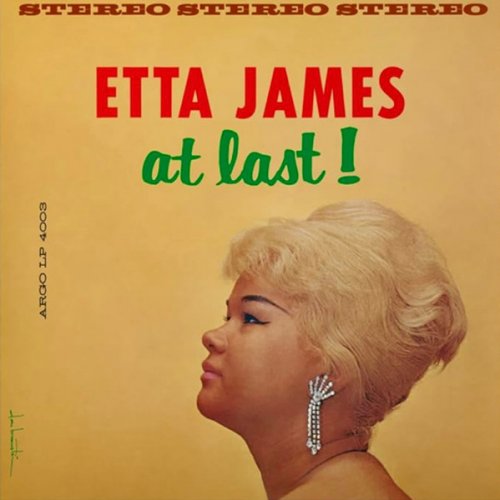

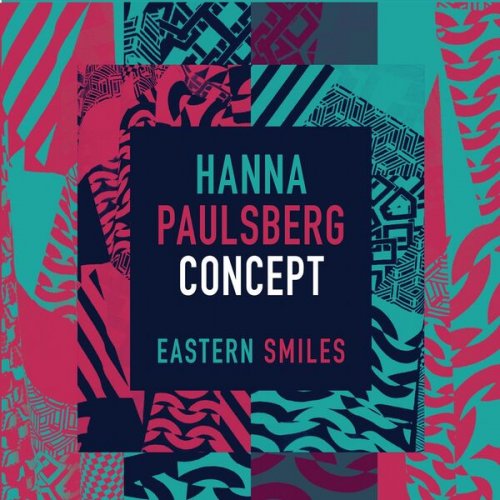
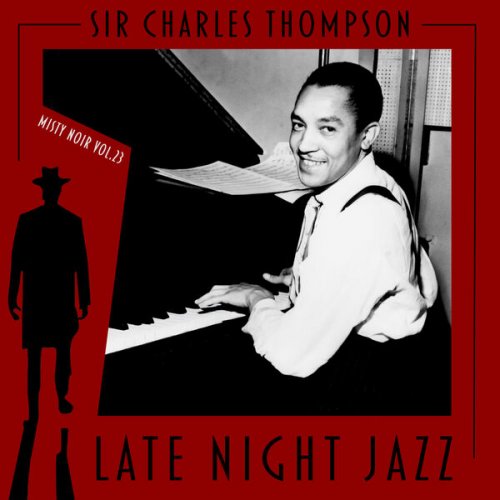
![Mateus Asato - ASATO (2026) [Hi-Res] Mateus Asato - ASATO (2026) [Hi-Res]](https://www.dibpic.com/uploads/posts/2026-02/1772112407_egqdz3e9dom2b_600.jpg)
